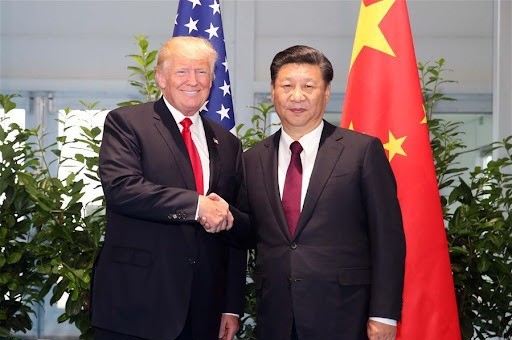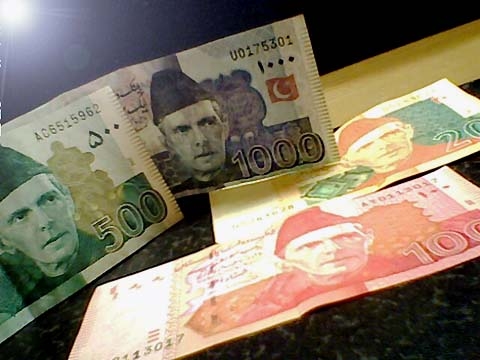The remarks by Rutte came while delivering a speech at Carnegie Europe think tank in Brussels on Thursday…reports Asian Lite News
NATO Secretary General Mark Rutte criticised China’s stance towards Taiwan and said that “China is bullying Taiwan, and pursuing access to critical infrastructure in ways that could cripple societies.”
The remarks by Rutte came while delivering a speech at Carnegie Europe think tank in Brussels on Thursday.
He said, “We need to be clear-eyed about China’s ambitions. China is substantially building up its forces, including its nuclear weapons – with no transparency and no limitations. From 200 warheads in 2020, China is expected to have more than 1,000 nuclear weapons by 2030. Its space-launch investments are skyrocketing. China is bullying Taiwan, and pursuing access to our critical infrastructure in ways that could cripple our societies”
The NATO Secretary General also underscored the challenge posed by China, Russia, North Korea, and Iran, asserting that these nations aim to undermine “freedom” and “reshape the global order.”
He added, “Russia, China, but also North Korea and Iran, are hard at work to try to weaken North America and Europe. To chip away at our freedom, they want to reshape the global order, not to create a fairer one, but to secure their own spheres of influence. They are testing us and the rest of the world is watching.”
Rutte also sounded the alarm over China’s increasing military and technological advancements, warning of their implications for global security.
“China’s military-industrial base is also growing. According to some sources, China is acquiring high-end weapons systems and equipment five to six times faster than the US. It is heavily investing in munitions, accelerating space capabilities and expanding its nuclear arsenal, without any transparency or limitations. China is also challenging our technological edge by investing massively in the disruptive technologies of tomorrow, including AI, quantum and space,” Rutte said.
Notably, the Taiwan-China issue is a complex and longstanding geopolitical conflict centred on Taiwan’s sovereignty.
Taiwan, officially known as the Republic of China (ROC), operates its own government, military, and economy, functioning as a de facto independent state.
However, China considers Taiwan a breakaway province and insists on the “One China” policy, which asserts that there is only one China, with Beijing as its capital.
This has fuelled decades of tension, especially since the Chinese Civil War (1945-1949), when the ROC government retreated to Taiwan after the Communist Party, led by Mao Zedong, took control of mainland China.
Beijing has consistently expressed its goal of reunification with Taiwan, using diplomatic, economic, and military pressure to isolate Taiwan internationally. Meanwhile, Taiwan, supported by a significant portion of its population, continues to maintain its independence. (ANI)
ALSO READ: Sri Lanka ratifies $14.2b debt restructuring pact













